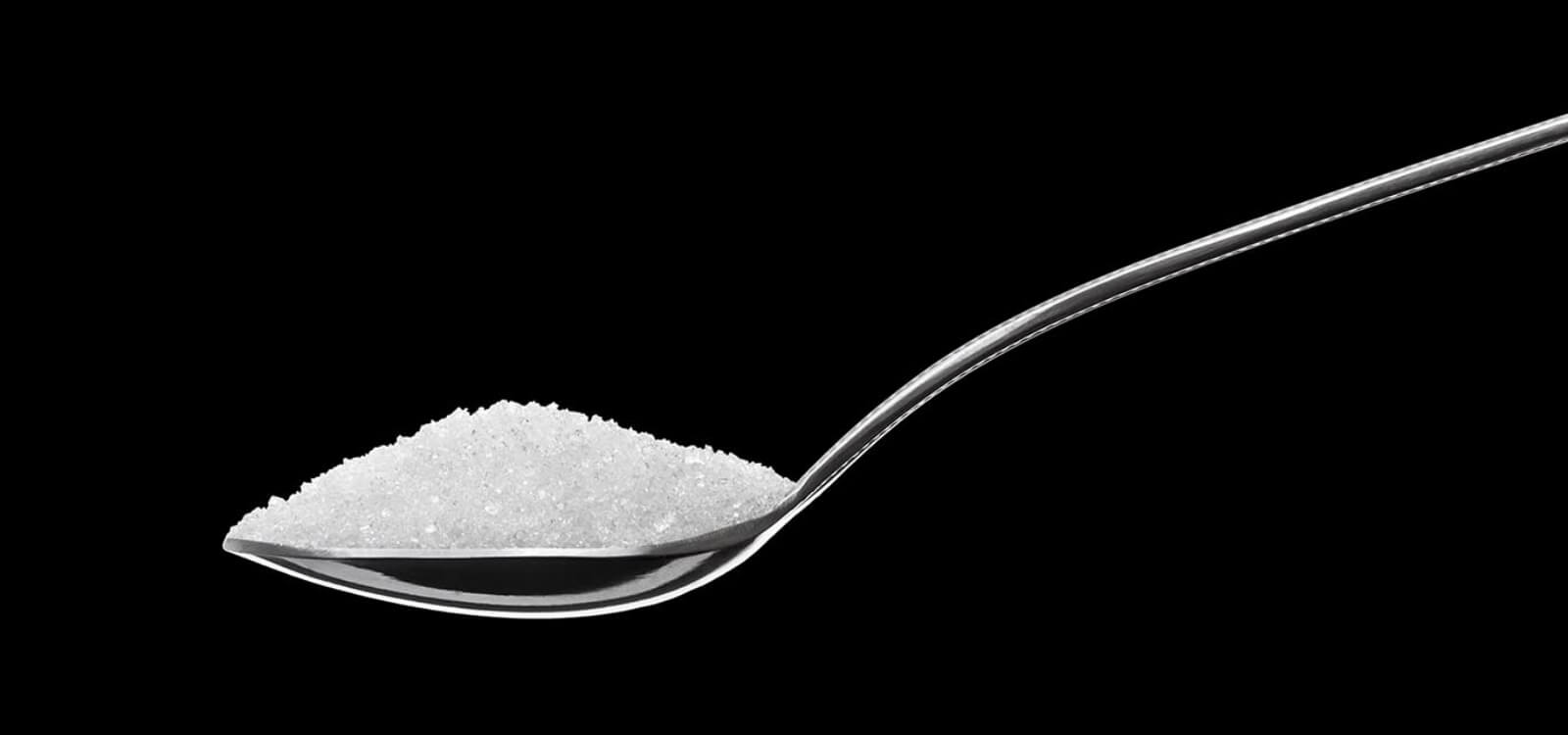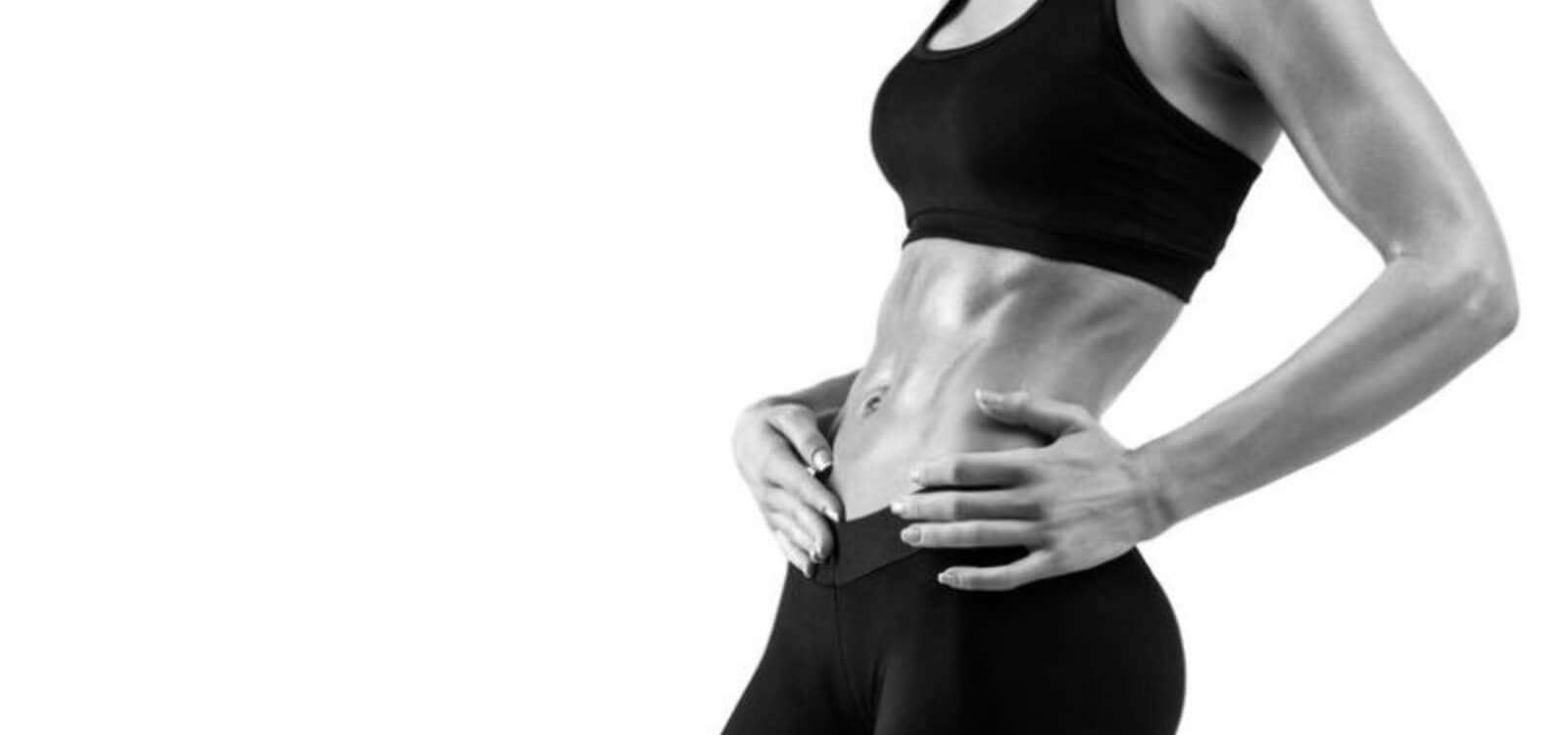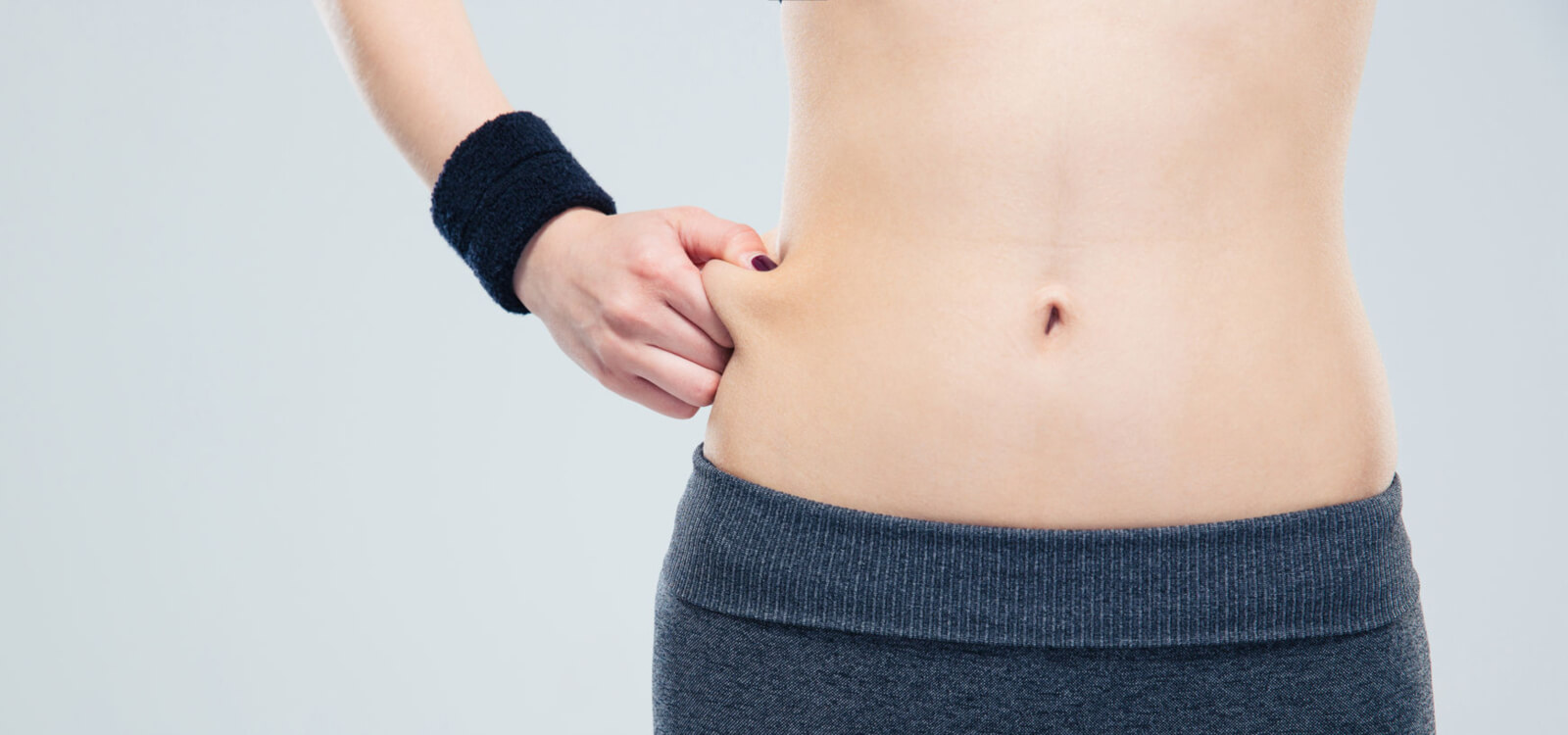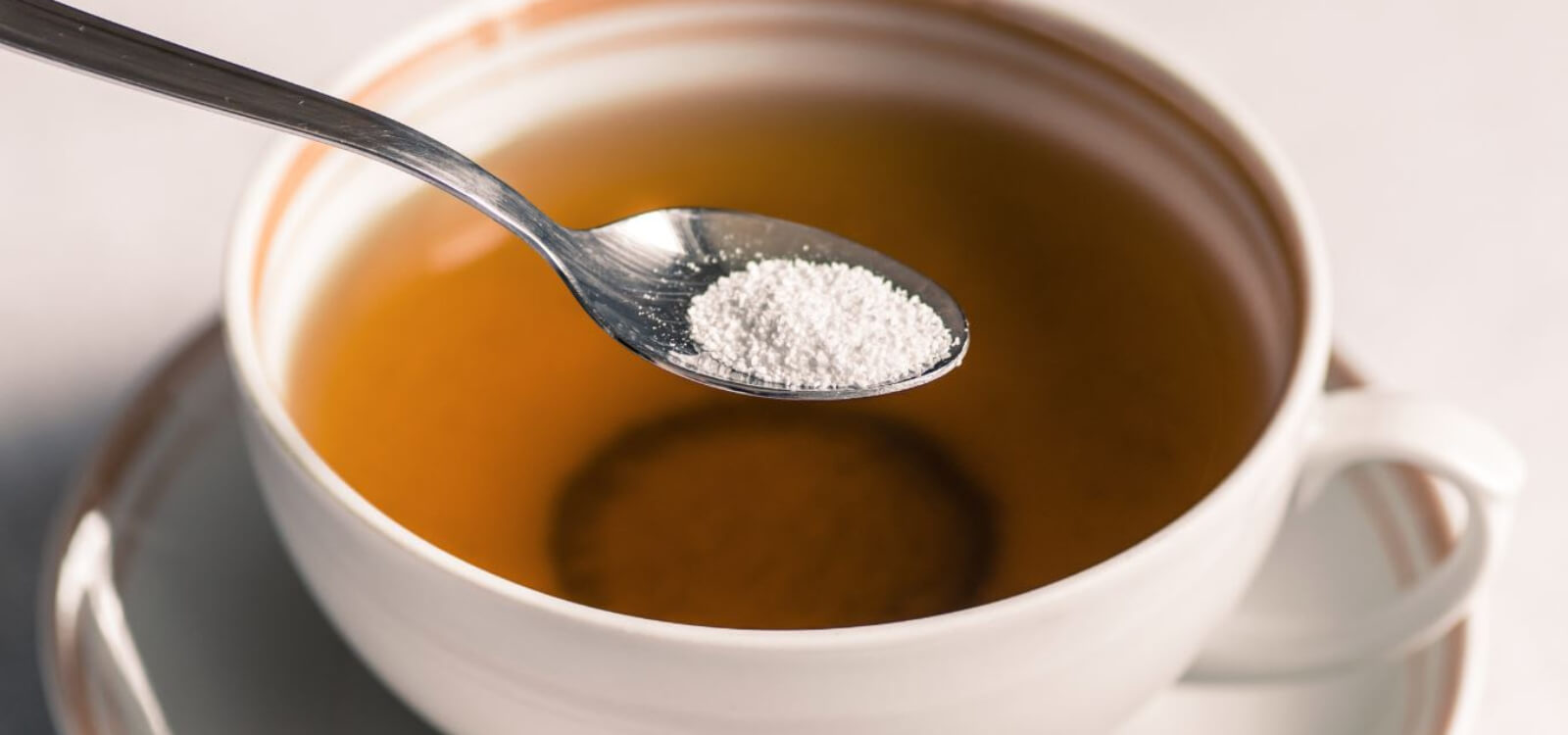Key Takeaways
- Sucralose, often called “Splenda,” is one of the most common non-nutritive sweeteners in the world today.
- Some evidence suggests that sucralose is not as kind to the gut as once thought and that it could be harmful.
- If you want to continue using sucralose in your routine it may be prudent to take extra measures to make your gut bacteria happy. You shouldn’t need to worry about sucralose affecting your blood sugar, appetite, and weight.
Most of the best information I got during my time in university was from outside of classes.
Of these, I remember overhearing a conversation between a highly intelligent professor who had one few too many to drink and a student who I imagine was the first to have a negative grade in the class. The conversation went something like this:
“Why?”
“Because (insert psychological stuff I don’t understand) and such…”
“But, like, why?”
“Because I just explained it to you, X, Y, and theory Z…”
“I know but, why?”
“IT’S BECAUSE … actually, I don’t know. Huh, weird.”
The professor actually got confused and couldn’t answer the question. While alcohol could totally have been the reason why, I like my (also alcohol fueled) interpretation better.
Sometimes, when you start learning something, you start from stage 2 or above. When you get smarter you forget to look at the basics and sometimes you need a newbie to bring you back down to your roots so you can actually understand something.
I tried to apply this to my learning and this eventually morphed into an interest in aromatherapy simply because, well, if we can smell something then:
- There has to actually be a molecule in the air traveling from the rose to my nose.
- It has to boop my snoot in some manner that stimulates my brain.
So now whenever I see a scented candle or a flower I imagine a bunch of little volatile molecules like pinenes or linalool exploding out from the source like a million baby flies doing their best William Wallace “FREEEDOOOOOOM” expression—it’s technically what happens.
Also when somebody farts and you smell it now their butt is in your nose. Have fun with that.
This extended to taste as well, mostly after my first exposure to miracle berries, where the realization that taste was nothing more complex than standard supplemental science (molecule touches receptor and funny things happen) hit me in the face like a truck, or a million baby flies.
Taste is just molecules touching your tongue, derp.
So how do I apply this knowledge? What do I do with it?
Best example would be artificial sweeteners, synthesized specifically to trick the body into thinking it got something when in actuality it didn’t. By extending this logic a bit we do reach another main question though:
Are those receptors in other parts of the body? What happens if they’re activated? What do sweeteners do beyond the sweetness?
Which led to research into sucralose, one of the biggest sweeteners out there, and unfortunately some concerning research on gut health due to the above …
What Is Sucralose?

Sucralose is one of many non-nutritive sweeteners (NNS).
NNS is a term that’s a bit better than “artificial sweetener” since we can include the natural stevia in the mix and, let’s be honest, it’s not the “artificial” nature we care about—it’s the fact that their sweetness and caloric load is not balanced like a normal carbohydrate is.
There are currently 7 NNS approved by the US Food and Drug Administration (as of 2013 according to this study):
- Sucralose, the topic of this article
- Saccharin (a partially regulated NNS)
- Aspartame (the prototypical bad boy of the NNS scene)
- Acesulfame potassium
- Neotame (a related NNS, advantame, is also of note)
- Stevia (the one we opt to use in many of our products)
- Luo han guo extract (aka Monk Fruit)
Now, stevia and Luo han guo are probably the most “interesting” to the field of nutritional supplements since they are natural and, at least in the case of monk fruit, an entire supplement in one.
Among the most interesting overall (in my opinion) are sucralose and aspartame as the “big 2”—acesulfame potassium rounds out the big 3 but is mostly uninteresting and we tend to ignore it despite it’s omnipresence.
Those three synthetic sweeteners constitute the majority of NNS intake worldwide they are the most concerning when it comes to health and safety of any NNS-based beverage or product.
Sucralose, in particular, became significantly more popular because of initial concerns of aspartame causing cancer that while we now know are false (or at the very least, specific to rats overdosing on the stuff.) Unfortunately claims of causing cancer never really go away, despite the evidence, so many people shied away from aspartame to sucralose.
So, is sucralose a cause for concern? To determine that we first need to see how in the world it even affects the body.
Recommended Reading:
→ What 7 Studies Say About Artificial Sweeteners and Weight Loss
How Can Sucralose Affect the Body?
This may be a bit weird of a section since most people assume NNS are just “inert” but think about it for a second—if it tastes sweet it has to, like, hit a sweet receptor or something.
And that is exactly what it does!
Sucralose has been implicated in activating sweet receptor Gr64a (a fly-specific taste receptor—yes, frickin’ flies) whereas in humans we have TAS1R3 that binds to sucralose—mice also have TAS1R3 and both are also called T1R3 (we’ll use that henceforth since it’s shorter.)
The rest of the article won’t be as technical as that paragraph but I do want to get that point across—all things that affect the body affect it through something. In other words, if something tastes sweet, then it has some effect on you.
A receptor, a transporter, encouraging your immune cells to shoot your neurons (via the GTA-V receptor if you trust what the media has to say), etc.
When we view things through their molecular targets it can help narrow down all the claims and make sense of the molecule in question—a much more concise way of looking at these things rather than assuming nothing happens until a study says otherwise.
It’s not that it simply slides through the body and doesn’t touch anything. When people call sucralose “inert” we say that in a similar vein as to how a single skittle can be inert. It’s just too small of an effect to care about!
… or is it?
Recommended Reading:
How Does Sucralose Affect Gut Health?

This section is actually the major reason for writing this article since there are some, well, “concerning” rodent studies to go over.
Correlation studies have, at times, found increased risk for irritable bowel diseases associated with NNS (although low fiber intake is still the biggest issue) which led researchers to discover that, in mice, sucralose resulted in Crohn’s like symptoms. Another breed of mice experienced increased liver inflammation from eating sucralose.
Both of these studies found, however, that rather than these effects being mediated by the sweet receptor they were dependent on the gut bacteria present.
The liver study noted that there was a shift in intestinal bacteria towards ones that were more likely to be inflammatory (so, “bad” bacteria) whereas the Crohn’s study found an increase in the amount of oxidation produced by bacteria, specifically their Bacteroidetes species.
It isn’t known at this time why this happens (or at the very least, I don’t know why) but it’s possible that the bacteria themselves have taste receptors, are preparing themselves for some tasty nom-noms, and get pissy when they are tricked and don’t get their calories.
At this point in time I can deduce 2 things:
- As it is a non-human study that’s clearly diet-dependent we can throw “what if” questions at this until the cows come home and I doubt any of it will be productive.
- I really wish I specialized in gut microbiomes cause this stuff is vast…
In looking at these two studies there isn’t really any major red flag that would make me point at it and scream “shenanigans” or whatnot, they seem to be good studies, but it is a topic that’s very difficult to extrapolate to humans with an otherwise mixed and healthy diet.
For now, however I think I can make a reasonable conclusion on this topic.
There’s not enough evidence to “prove” sucralose is harmful to the gut, but there’s reason to keep an eye out for this topic. If you want to use sucralose then, just to be safe, make sure you have a good diet with adequate fiber and perhaps some fermented foods.
Would be boring to stop an article when I’m shrugging in confusion so let’s move on.
Recommended Reading:
How Does Sucralose Affect Blood Sugar?
A more common concern—the major reason that sucralose is thought to influence blood sugar is due to their interactions with taste receptors.
Now, taste receptors are usually in the mouth (and bypassing the mouth by going straight to the stomach prevents some appetite suppression from sweetness) but the taste receptors also exist in the gut itself.
Our bodies are made to sense sugar in the mouth, “detect” the sugar in our intestines, and then actually get some calories from the sugar—this is the routine we have evolved to dance with. So what happens when it is disrupted and there are no calories given?
Well, it depends on context.
Acutely, having sucralose before glucose (in people not used to consuming NNS) may increase glucose levels in the blood and the insulin response to the carbohydrates! When looking at a 12-week study, however, ultimately there were no differences between control and sucralose groups when it comes to glucose regulation.
Wait, is that …
Is that a developed tolerance I see?
That’s the current theory. It seems that sucralose causes the body to produce more glucose transporters (which are what bring glucose into the body from the gut) which are then sent to the gut to aid in what the body thinks is sugar—and yes, T1R3 is the reason for this.
It seems that sucralose, over the short term and in people not used to consuming sucralose, tricks the body into absorbing more glucose and secreting more insulin since it thinks it’s getting sugar.
However, the body may soon adapt to this trickery and resume processes as normal.
Recommended Reading:
→ 13 Studies Answer: What’s the Best Way to Lower Blood Sugar?
How Does Sucralose Affect Weight Gain?

There are 2 major ways that NNS such as sucralose are argued to affect body weight—either inherently and directly, like any obesogen, or indirectly by increasing appetite.
Does Sucralose Increase Appetite and Hunger?
The main theory as to why NNS in general can increase weight, despite not having calories, is by encouraging the body to consume more calories by other means—an increase in appetite.
When it comes to sucralose specifically, studies on the matter suggest that there may be an increase in GLP-1 secretions when sucralose is ingested via diet soda (yet not inherently) while a more concerning mouse study suggests an increase in neuropeptide Y (NPY) which is quite a potent appetite increaser.
Said study also assessed food intake in flies which, admittedly, sounds hilarious and infuriating to measure at the same time. Turns out flies get straight fat off of sucralose.
That being said, if you’re familiar with the research I covered on Garcinia cambogia, you’ll remember that it was a potent appetite suppressant in rats that simply doesn’t work in humans due to…I don’t know…interspecies differences.
It’s very reasonable to assume all the above simply doesn’t apply to humans since, when it comes to appetite regulation, it’s one of the parameters established to differ between rats, mice, and humans.
When we look at human studies we find no effect on appetite (sucralose used as control), no effect via diet soda, no significant effect with sucralose alone, and finally for good measure yet another failure to increase appetite. It has been outright concluded to be similar to water.
Consuming sucralose doesn’t make people more hungry.
Sucralose is, in a way, the opposite of Garcinia cambogia—a relatively potent appetite suppressor in animals, particularly fruit flies, that seems to lose efficacy when tested in humans. Sucralose just seems to enhance it instead of suppress.
Recommended Reading:
→ The 3 Best and Worst Natural Appetite Suppressants to Kill Cravings
Does Sucralose Increase Body Weight?
Studies on NNS and body weight tend to be correlations—just see who is drinking the diet sodas and make note of whether or not they’re fat.
Decent study design for introducing a topic that should then move on to be double-blind in the near future but, honestly, at this time there are very few double blind studies on body weight over a long period of time with NNS.
These correlative studies, and some double blinds, have been subject to meta-analyses where NNS, collectively, either have no effect on fat mass or are associated with modest weight loss. The weight loss, however, could just be explained by how people who use NNS tend to be more likely to want to lose weight.
Ultimately, there’s no convincing evidence that sucralose is associated with an increase in body mass or fat mass. For all intents and purposes it seems inert when it comes to weight.
Recommended Reading:
What Does This Mean Practically?

Ultimately I think we can surmise a few things based on the literature right now:
- It would be foolish to state that sucralose is truly “inert” as it has been shown to interact with taste receptors and gut bacteria.
- There’s reason to be suspicious of it being “bad for the gut” but not enough evidence for us to get ourselves in a tizzy about it. Just eat a healthy diet and it’s possible all that evidence could be irrelevant.
- While it technically can influence glucose and insulin it doesn’t seem to be a major long-term concern.
- Appetite and body weight don’t seem to be major issues when it comes to sucralose.
So for you sucralose users out there I would say this:
There’s no need to stop using sucralose but if you want to up the fiber a bit and add some sauerkraut or kimchi to your diet go for it.
The Bottom Line on Sucralose Side Effects
In a world where excess sugar consumption is linked to an entire repertoire of unforeseen and totally foreseen side-effects, it’s nice to have alternatives rather than just not eating sweet stuff.
While we should be skeptical of claims saying food that is generally recognized as safe (GRAS) causes cancer, we should also be skeptical of claims that a molecule is fully inert—they may be weak but “inert” is the wrong word to use.
They are things we put in our mouths after all.
Sucralose is a pretty swell option amongst all the sweeteners out there but, if you want to take it daily, follow standard good dietary advice and make sure your gut is happy.
And if you want to learn how to set up a healthy diet, then check out these articles:
→ How to Make Meal Plans That Work For Any Diet
What’s your take on the side effects of sucralose? Have anything else to share? Let me know in the comments below!
Scientific References +
- A, D., & CD, R. (2016). The use of low-calorie sweeteners is associated with self-reported prior intent to lose weight in a representative sample of US adults. Nutrition & Diabetes, 6(3). https://doi.org/10.1038/NUTD.2016.9
- Miller, P. E., & Perez, V. (2014). Low-calorie sweeteners and body weight and composition: a meta-analysis of randomized controlled trials and prospective cohort studies. The American Journal of Clinical Nutrition, 100(3), 765. https://doi.org/10.3945/AJCN.113.082826
- AW, B., MM, B. B., KL, O., & DC, B. (2011). Short-term consumption of sucralose, a nonnutritive sweetener, is similar to water with regard to select markers of hunger signaling and short-term glucose homeostasis in women. Nutrition Research (New York, N.Y.), 31(12), 882–888. https://doi.org/10.1016/J.NUTRES.2011.10.004
- HE, F., V, P., NM, M., ML, S., MA, G., GS, F., & SR, B. (2011). Effects of oral ingestion of sucralose on gut hormone response and appetite in healthy normal-weight subjects. European Journal of Clinical Nutrition, 65(4), 508–513. https://doi.org/10.1038/EJCN.2010.291
- RE, S., F, F., A, T., J, D., & C, B. (2011). Effects of carbohydrate sugars and artificial sweeteners on appetite and the secretion of gastrointestinal satiety peptides. The British Journal of Nutrition, 105(9), 1320–1328. https://doi.org/10.1017/S000711451000512X
- M, V. E., S, K., T, A., J, A., B, G., & N, B. (2014). Effect of sugars in solutions on subjective appetite and short-term food intake in 9- to 14-year-old normal weight boys. European Journal of Clinical Nutrition, 68(7), 773–777. https://doi.org/10.1038/EJCN.2014.33
- QP, W., YQ, L., L, Z., YA, W., LJ, O., J, C., Y, Q., TM, K., N, B., Y, P., DT, B., MT, L., TA, C., AC, W., SJ, S., AR, C., JM, P., H, H., & GG, N. (2016). Sucralose Promotes Food Intake through NPY and a Neuronal Fasting Response. Cell Metabolism, 24(1), 75–90. https://doi.org/10.1016/J.CMET.2016.06.010
- J, M., M, B., JM, W., R, Y., LA, B., KL, J., M, H., & CK, R. (2009). Effect of the artificial sweetener, sucralose, on gastric emptying and incretin hormone release in healthy subjects. American Journal of Physiology. Gastrointestinal and Liver Physiology, 296(4). https://doi.org/10.1152/AJPGI.90708.2008
- AC, S., RJ, B., JE, B., M, W., & KI, R. (2016). Hormonal responses to non-nutritive sweeteners in water and diet soda. Nutrition & Metabolism, 13(1). https://doi.org/10.1186/S12986-016-0129-3
- AW, M., MA, A.-R., DK, A., DJ, B., EA, C., K, D., C, I., D, B., & SP, S.-B. (2010). Expression of Na+/glucose co-transporter 1 (SGLT1) is enhanced by supplementation of the diet of weaning piglets with artificial sweeteners. The British Journal of Nutrition, 104(5), 637–646. https://doi.org/10.1017/S0007114510000917
- AT, S., A, B., DB, R., & A, T. (2010). Rapid upregulation of sodium-glucose transporter SGLT1 in response to intestinal sweet taste stimulation. Annals of Surgery, 251(5), 865–871. https://doi.org/10.1097/SLA.0B013E3181D96E1F
- VL, G., X, P.-S., D, P., A, R., & J, R. T. (2017). A 12-week randomized clinical trial investigating the potential for sucralose to affect glucose homeostasis. Regulatory Toxicology and Pharmacology : RTP, 88, 22–33. https://doi.org/10.1016/J.YRTPH.2017.05.011
- MY, P., CD, T., BW, P., BM, W., & S, K. (2013). Sucralose affects glycemic and hormonal responses to an oral glucose load. Diabetes Care, 36(9), 2530–2535. https://doi.org/10.2337/DC12-2221
- RF, M., J, D., Z, K., KS, S., E, I., K, D., EL, M., Y, N., B, M., & SP, S.-B. (2007). T1R3 and gustducin in gut sense sugars to regulate expression of Na+-glucose cotransporter 1. Proceedings of the National Academy of Sciences of the United States of America, 104(38), 15075–15080. https://doi.org/10.1073/PNAS.0706678104
- MS, S., M, M., MA, V., C, de G., & PA, S. (2014). Taste matters - effects of bypassing oral stimulation on hormone and appetite responses. Physiology & Behavior, 137, 9–17. https://doi.org/10.1016/J.PHYSBEH.2014.06.021
- A, R.-P., A, H., P, M., C, H., M, R., KP, N., M, L., CM, C., MH, M., SK, D., TT, P., MA, G., S, I., C, M., & F, C. (2018). The Artificial Sweetener Splenda Promotes Gut Proteobacteria, Dysbiosis, and Myeloperoxidase Reactivity in Crohn’s Disease-Like Ileitis. Inflammatory Bowel Diseases, 24(5), 1005–1020. https://doi.org/10.1093/IBD/IZY060
- X, B., L, C., B, G., P, T., H, R., & K, L. (2017). Gut Microbiome Response to Sucralose and Its Potential Role in Inducing Liver Inflammation in Mice. Frontiers in Physiology, 8(JUL). https://doi.org/10.3389/FPHYS.2017.00487
- TS, H., T, J., I, V., M, E., MF, N., M, G., & P, M. (2011). Environmental factors in inflammatory bowel disease: a case-control study based on a Danish inception cohort. Journal of Crohn’s & Colitis, 5(6), 577–584. https://doi.org/10.1016/J.CROHNS.2011.05.010
- N, S., S, K., K, W., Y, F., M, S., T, S., Y, I., Y, M., S, S., K, O., G, K., M, W., T, Y., C, D., & H, T. (2005). Dietary risk factors for inflammatory bowel disease: a multicenter case-control study in Japan. Inflammatory Bowel Diseases, 11(2), 154–163. https://doi.org/10.1097/00054725-200502000-00009
- Reed, D. R., Li, S., Li, X., Huang, L., Tordoff, M. G., Starling-Roney, R., Taniguchi, K., West, D. B., Ohmen, J. D., Beauchamp, G. K., & Bachmanov, A. A. (2004). Polymorphisms in the Taste Receptor Gene (Tas1r3) Region Are Associated with Saccharin Preference in 30 Mouse Strains. The Journal of Neuroscience, 24(4), 938. https://doi.org/10.1523/JNEUROSCI.1374-03.2004
- EO, H., A, V., J, B., A, S., & H, C. (2018). Activation of the sweet taste receptor, T1R3, by the artificial sweetener sucralose regulates the pulmonary endothelium. American Journal of Physiology. Lung Cellular and Molecular Physiology, 314(1), L165–L176. https://doi.org/10.1152/AJPLUNG.00490.2016
- TAS1R3 taste 1 receptor member 3 [Homo sapiens (human)] - Gene - NCBI. (n.d.). Retrieved July 22, 2021, from https://www.ncbi.nlm.nih.gov/gene/83756
- Dahanukar, A., Lei, Y.-T., Kwon, J. Y., & Carlson, J. R. (2007). Two Gr genes underlie sugar reception in Drosophila. Neuron, 56(3), 503. https://doi.org/10.1016/J.NEURON.2007.10.024
- HH, B., WW, S., CP, C., DA, M., C, B., GL, B., LM, de S., RS, G., Z, H., A, K., AS, L., GU, L., KE, M., CL, M., IC, M., EJ, N., AG, R., SS, S., DL, S., … FK, T. (2002). Aspartame: review of safety. Regulatory Toxicology and Pharmacology : RTP, 35(2 Pt 2). https://doi.org/10.1006/RTPH.2002.1542










